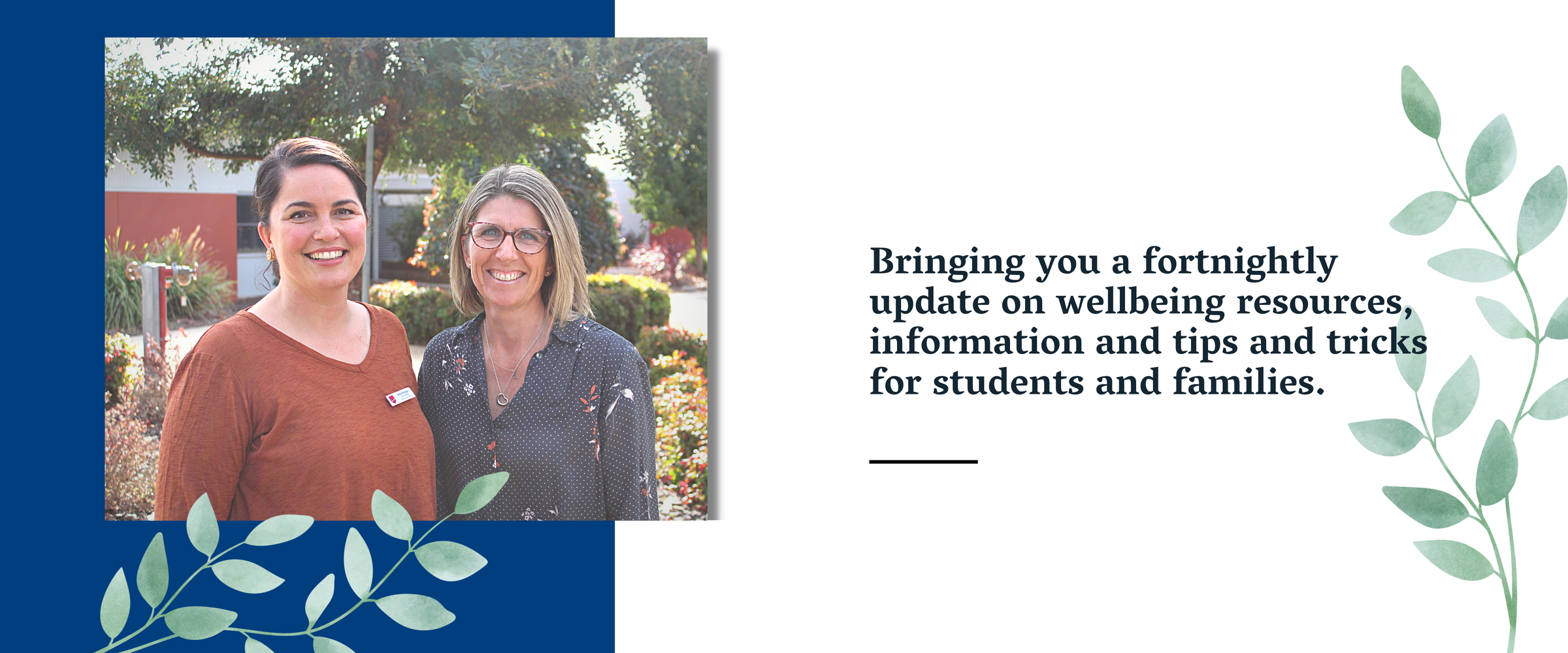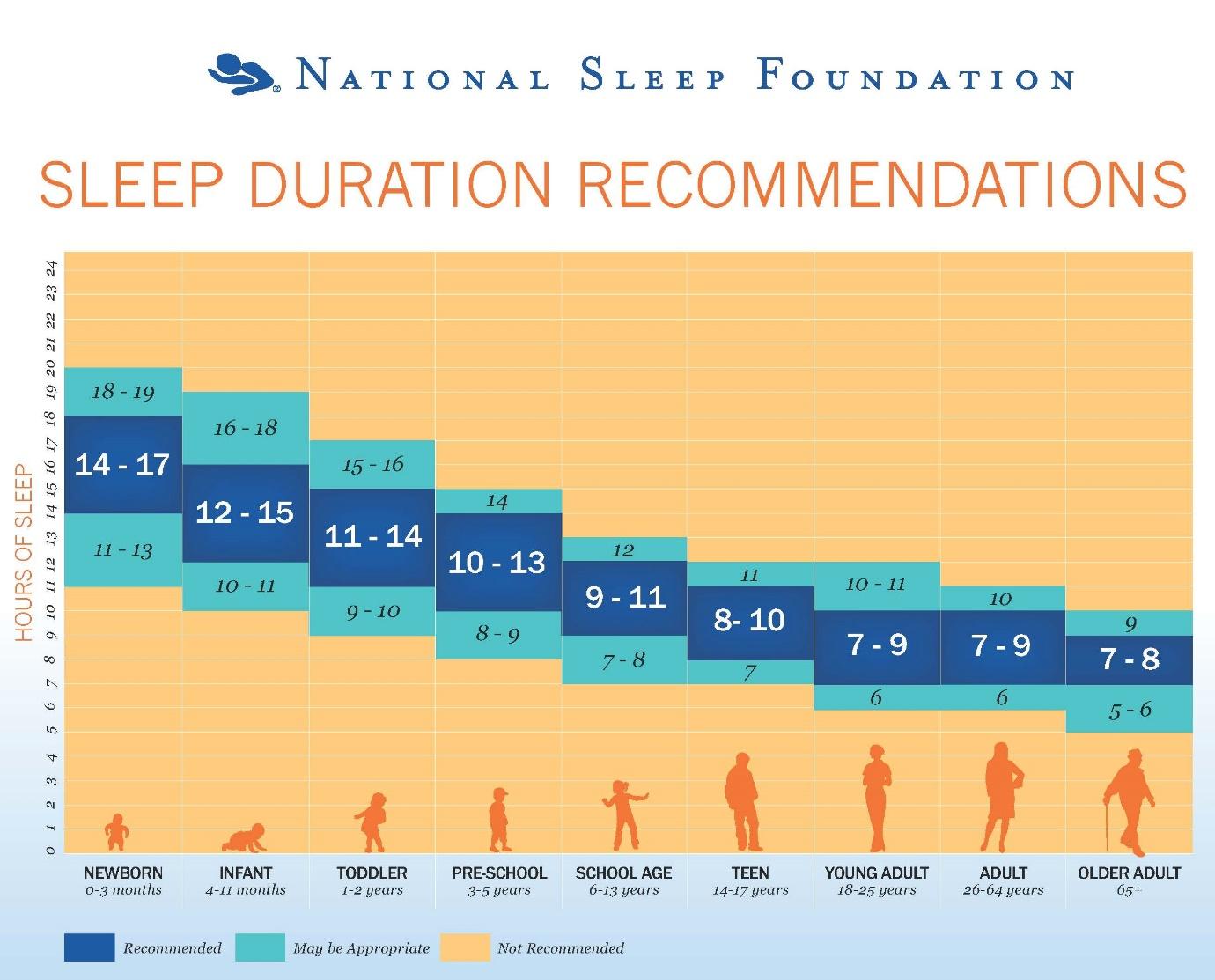All About Wellness
Student Wellbeing

All About Wellness
Student Wellbeing
Why is Sleep Important?
It’s hard to believe we spend about a third of our lives asleep, yet we often don’t think about the importance of sleep in our daily lives.
Sleep is essential to all of us, regardless of our age or stage of development. Sleep is just as important to our bodies as eating, drinking and breathing. Sleep and health are strongly related as sleep is an integral part of maintaining positive mental health and physical health.
Sleeping well each night makes us feel better, more alert, more energetic, and ensures we can effectively concentrate and carry out our daily tasks.
When we sleep, our bodies recover from all the hard work we have exerted both physically and mentally throughout the day. Sleep refreshes the mind and heals the body. Without this opportunity, our bodies and our minds are unable to effectively function.
How much sleep do we need?
The National Sleep Foundation state that as children get older, they need less sleep. As we know, everyone is different and use different strategies to live well. Therefore, different people have different sleep needs. Below is a table taken from the National Sleep Foundation website - Please note, the advice in the table below is only a guide:


What are the impacts of not enough sleep?
Knowing what happens to children when they don’t get enough sleep is important, as it can help us understand why children are behaving like they are. A lack of sleep can significantly impact our day-to-day life. A lack of sleep can cause fatigue, poor concentration and memory, mood disturbances and low tolerance, compromise judgement and reaction times and promote poor physical coordination.
Ongoing poor sleep patterns (sleep deprivation) can lead to behaviour’s that negatively impact relationships, affect the ability to be empathic and may lead to mental health difficulties such as anxiety and depressed mood.
Why aren’t our children getting enough sleep?
How to promote healthy sleep:
Where to get help?
If you are concerned about your child’s sleep patterns, we recommend speaking with your GP.
You can also click on the below links to gain further information about the importance of sleep and tips for healthy sleeping.
https://raisingchildren.net.au/toddlers/sleep/better-sleep-settling/sleep-better-tips
https://www.sleephealthfoundation.org.au/facts-about-sleep-for-parents-and-school-staff.html
https://www.betterhealth.vic.gov.au/health/healthyliving/teenagers-and-sleep
https://headspace.org.au/explore-topics/for-young-people/get-enough-sleep/


Emily Flanigan - Social Worker
Liz Smith - Student Counsellor